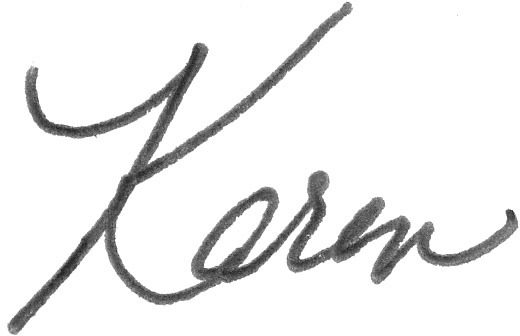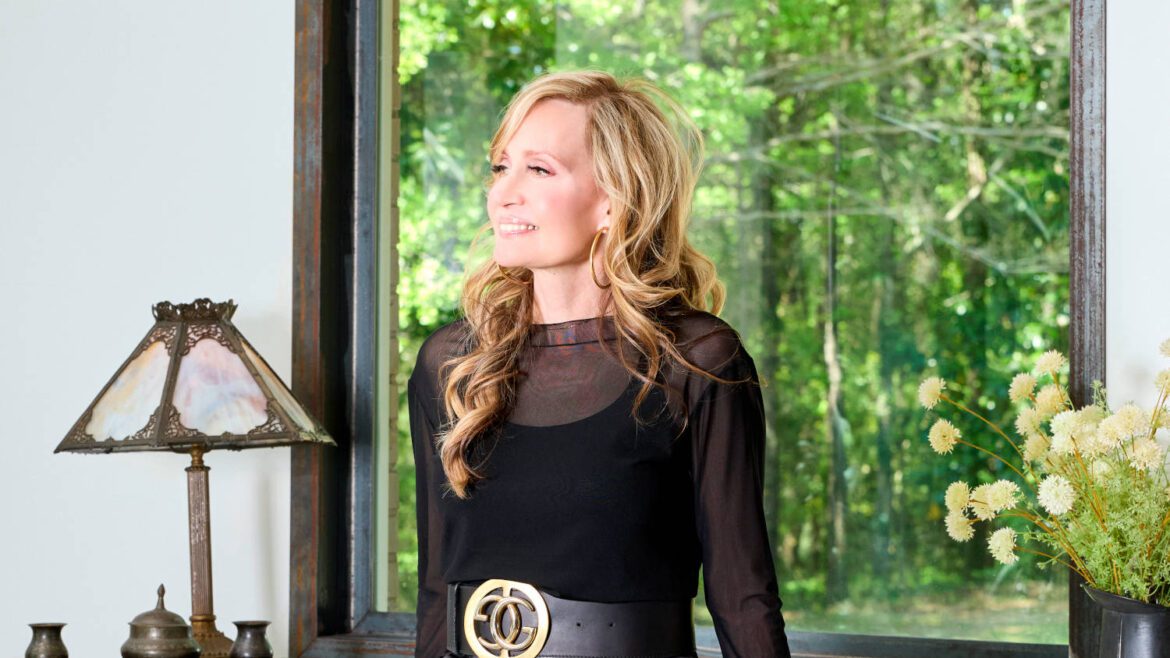“INTO THIS CLIMATE OF FEAR AND APPREHENSION, CHRISTMAS ENTERS, STREAMING LIGHTS OF JOY, RINGING BELLS OF HOPE AND SINGING CAROLS OF FORGIVENESS HIGH UP IN THE BRIGHT AIR. THE WORLD IS ENCOURAGED TO COME AWAY FROM RANCOR, COME THE WAY OF FRIENDSHIP.”
—MAYA ANGELOU
When we decided to title our winter issue A Holiday Woven in Time, I immediately thought of Maya Angelou’s quote from the poem Amazing Peace. She captured what I believe . . . holidays ideally represent forgiveness of the past, love in the present, and hope for the future.
As we close the first decade of ELYSIAN, I dedicate this issue to the incredible women who have shared their inspiring stories . . . there were so many. Their interviews have always been my raison d’etre or the “why” for me. Each one was so abundantly unique . . . allowing the reader to experience an inimitable perspective vicariously through their transcribed words. Every woman’s story encouraged, taught, and transformed us. They shared their vulnerability and authenticity, often with raw emotion. They were all powerful.
Yet through the decade, there were three interviews that most resonated and captured the essence of forgiveness—Dr. Alveda King, niece of Dr. Martin Luther King; love—Kim Phuc, the “little napalm girl” immortalized in a Pulitzer Prize-winning photo; and hope—Trude Heller, a Holocaust survivor.
FORGIVENESS – Perhaps forgiveness is top of mind because of the recent tragedy surrounding the death of Charlie Kirk? I watched his widow Erika Kirk speak at the televised ceremony commemorating his life. And as the words “I forgive him”—referencing her husband’s assassin—left her lips, the power of those words and the transcendent nature of forgiveness was felt throughout.
How does a person forgive the unthinkable, I asked myself. I remembered Alveda King’s interview in the fall of 2021 when she shared a unique position that touched me then, as it does today. Alveda has lived a life fraught with tragedy. Yet, the antidote to hate and anger is forgiveness, she claims, and kindness.
“. . . how do you forgive somebody who you feel did something to you? I couldn’t find a really good answer . . . Then I said, ‘Holy Spirit, how do you do this?’ And the Holy Spirit chuckled—not audibly, but I felt the chuckle. ‘I wondered if you’d ask me.’ The answer was, ‘You could have been kinder.’ . . . It is something we can all do. I hide in the secret place of the Lord, Psalm 91. And I seek kindness.”
LOVE – Kim Phuc’s interview in the spring issue of 2024 was not just about forgiveness and hope . . . but for me, the purest form of love. The world met Kim on June 8, 1972, when an Associated Press photographer captured a then nine-year-old Vietnamese child running naked down a war-torn street, her face filled with anguish because of the napalm burns covering her body. The photograph became synonymous with the horrors of war. Yet while many would have become lifelong victims, today Kim Phuc continues helping child victims of war and deprivation worldwide through the KLM Foundation. Her steadfast love is inspiring.
“I travel around the world to share my story, to tell people how horrible war is, but also how beautiful the world can be. If everyone could learn to live with love, hope, and forgiveness, we would not have war. I challenge everyone, if that little girl can do it, you can do it too . . . We cannot change history, but with love, we can heal the future. My story and what is represented in this photograph focuses on love, forgiveness, and hope. I want people to remember that and not see that ‘little napalm girl’ in a horrible picture.”
HOPE – I had the privilege of interviewing Holocaust survivor Trude Heller in the winter of 2016. She was 94 years old at the time—clear minded and elegant with an amazing quick-witted humor. Four years later Mrs. Heller passed away, making her interview a cornerstone of ELYSIAN. With wisdom second to none, having experienced and witnessed the darkest moments of humanity’s capacity for evil, I asked her how she was able to find hope. Her answer was quite simple. Hope was a choice she and her husband made for their family, and gratitude played a significant role.
“. . . both of us decided when we started a family that our children would have a lot of hope . . . and that we would see to it that we would do our best for it. And, you know, it works . . . when you set your mind to something. We had nothing. We were refugees, but we—I don’t know how to put it—we were happy. We were thankful for things rather than bemoaning what we didn’t have.”
I dream these words lift your spirit and inspire you, as they do me. Wishing you and your family the blessings of forgiveness, love and hope . . .
May your holiday be filled with each.
Much love,

Karen Floyd
Publisher

